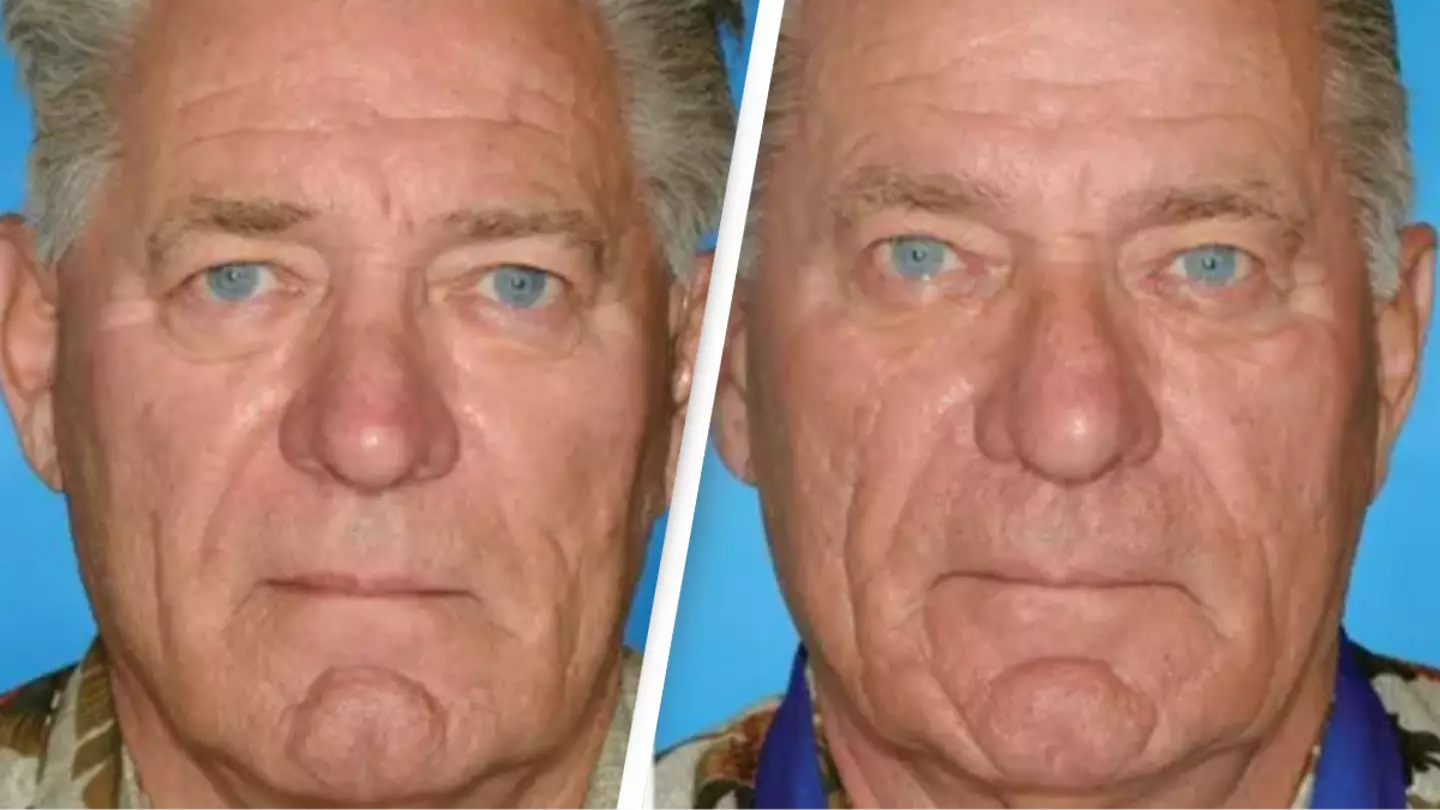
A study involving twins has revealed the shocking impact smoking can have on the face.
We all know by now that smoking isn't healthy, with the bad habit harming almost every organ in the human body.
Cancer, heart disease, stroke, lung disease and Type 2 diabetes are just a handful of examples that smoking can increase the risk of.
And now, a study has illuminated just how much smoking can impact your appearance, too.
Advert
From aging faster to struggling with jowls and wrinkles, researchers in Ohio have examined the physical differences between the faces of smokers and their non-smoking twins, and it's not looking good.
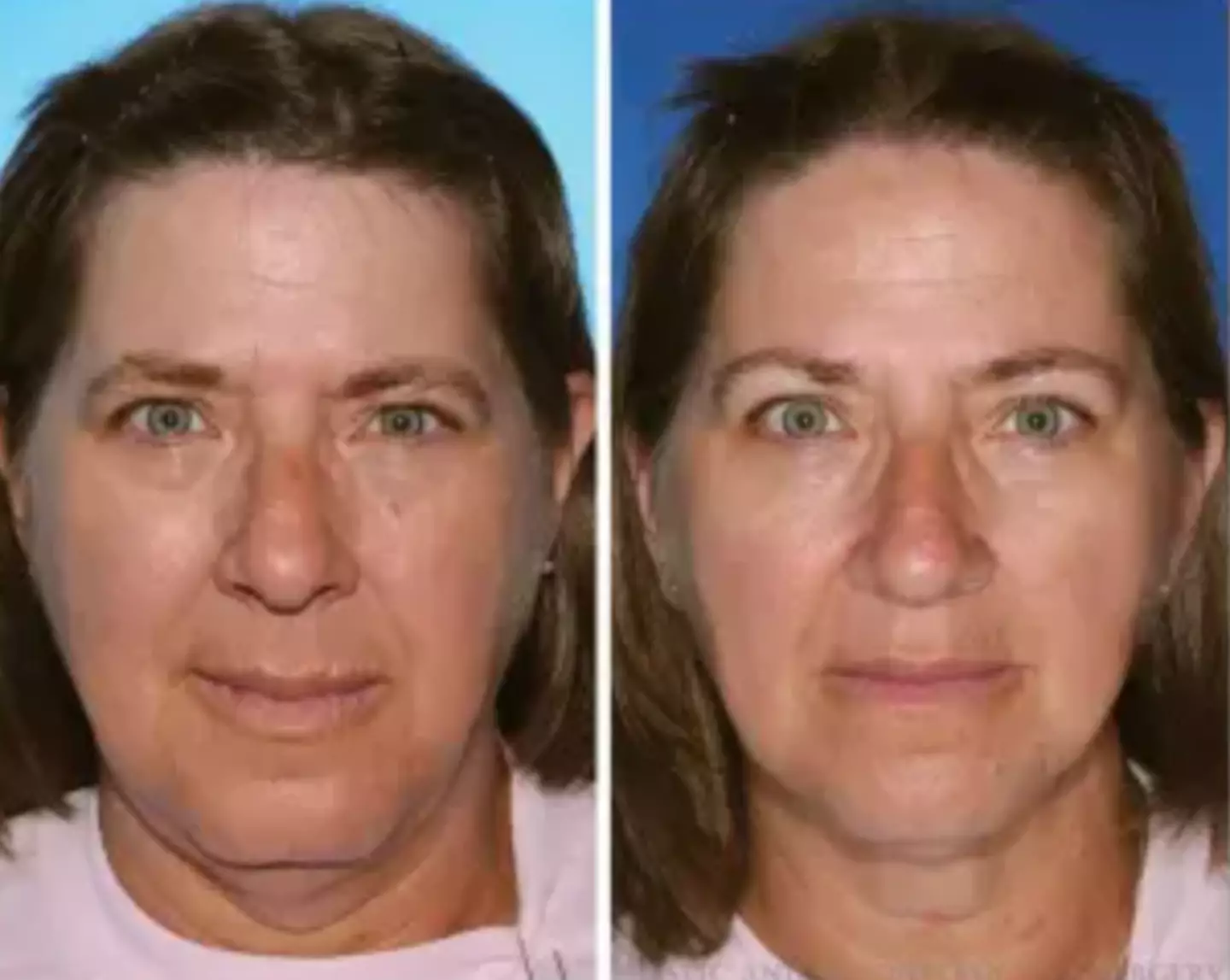
The team at the Department of Plastic Surgery at Case Western Reserve University looked at 79 sets of twins between the ages of 18 to 78 at an annual gathering of twins in the fittingly-named Twinsburg, Ohio.
Each person had their picture taken by a photographer and was split into two groups.
One group contained 45 sets of twins where one smoked and the other didn't, and the second category had twins that smoked - though had one sibling that smoked at least five years longer than the other.
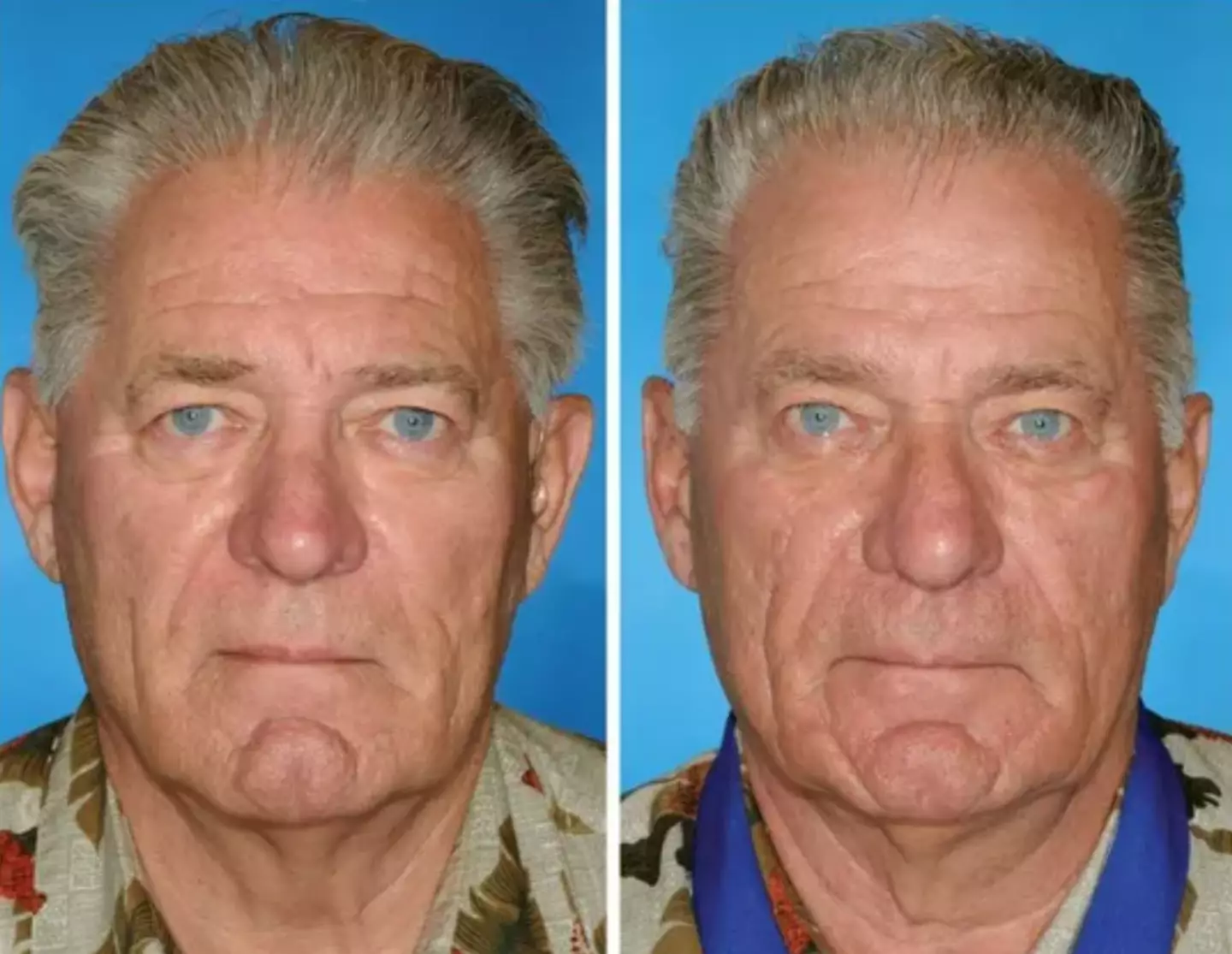
A medical student and two registered doctors assessed the images and scored their facial features, coming to the verdict that smoking accelerates aging, even after just five years.
In the first group, the judges found the smoking twin looked older 57 percent of the time.
Interestingly, in the second set, the twin that had been smoking the longest looked older 63 percent of the time.
“This study confirms some of what was believed in the most scientific way possible,” Dr Bahman Guyuron, who led the research, said as per CNN. “With longer follow-up, we believe that every smoking twin might have exhibited a difference in aging.”
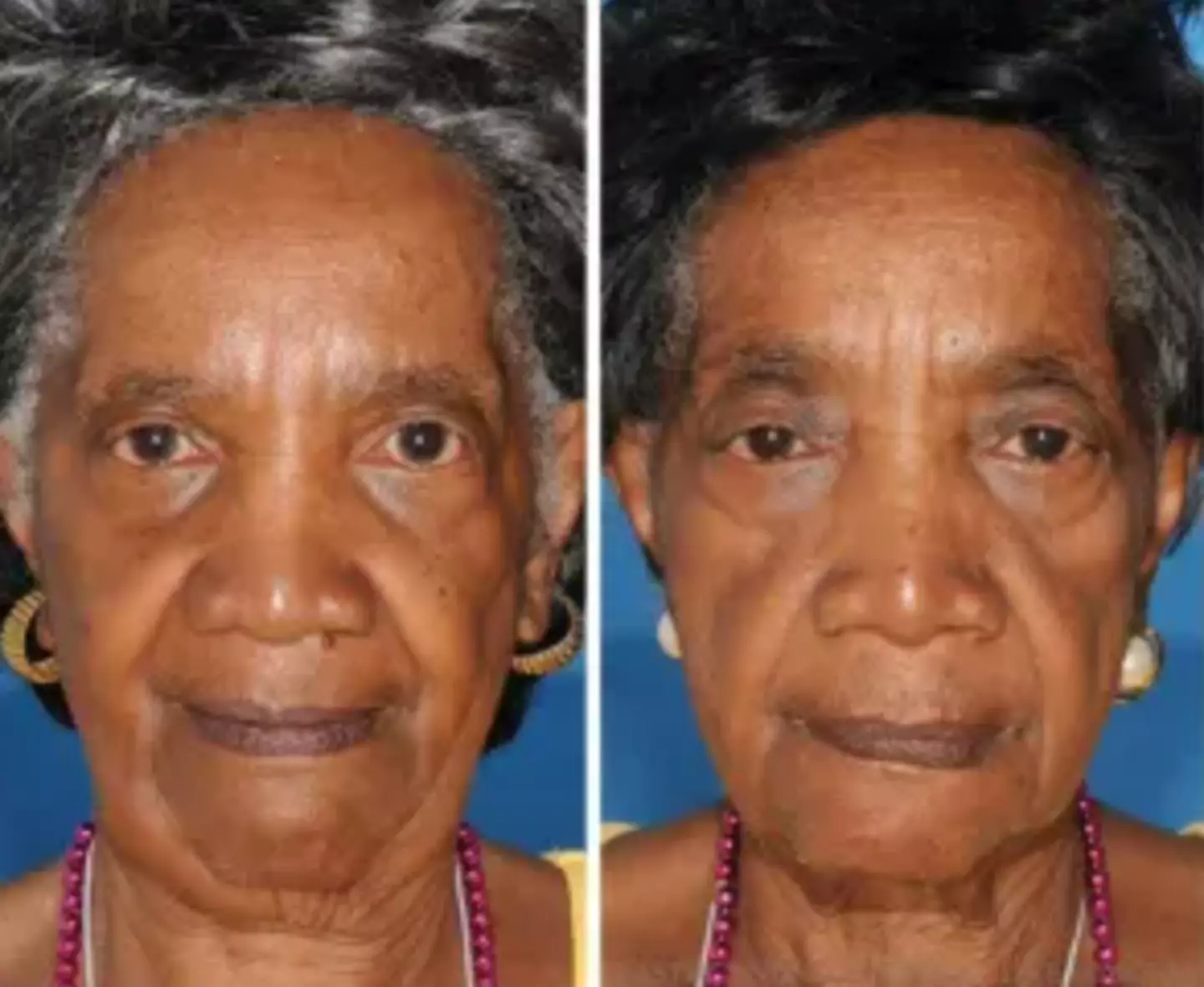
“Smoking reduces the collagen formation, results in collagen degradation and reduces the skin circulation,” the doc continued. “Additionally, nicotine reduces the skin thickness. All of these reduce skin elasticity and (cause) premature aging.”
There were some limitations to the study, however, as while the researchers examined other aging factors like alcohol intake, stress and sunscreen use, it didn't determine the twins' diets or their living environments.
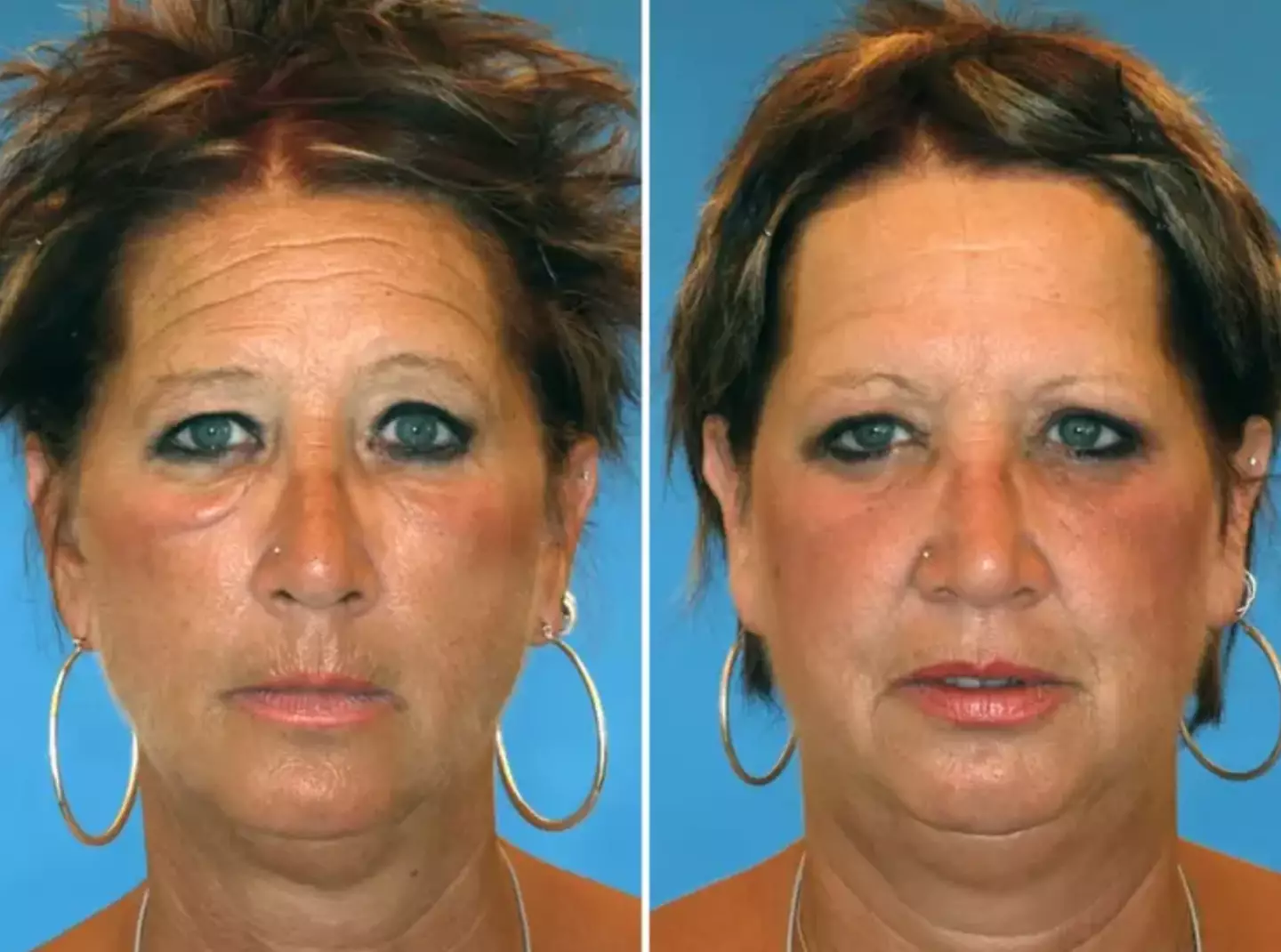
The insight comes as another similar study involving multiple sets of identical twins determined the effects of smoking and sun exposure on the skin.
Again, the results pointed to prove that these bad habits have an enormous toll on the skin, with one twin sister who had never smoked and was rarely exposed to the sun remarking that she 'love[d] being called the younger one'.
Dr Guyuron pointed out what he described as 'festoons of loose skin' under the smoking twin's eyes, which he said were a sign of her smoking.
"When I see that [on patients], I don’t have to ask if they smoke. I know they do," he said.